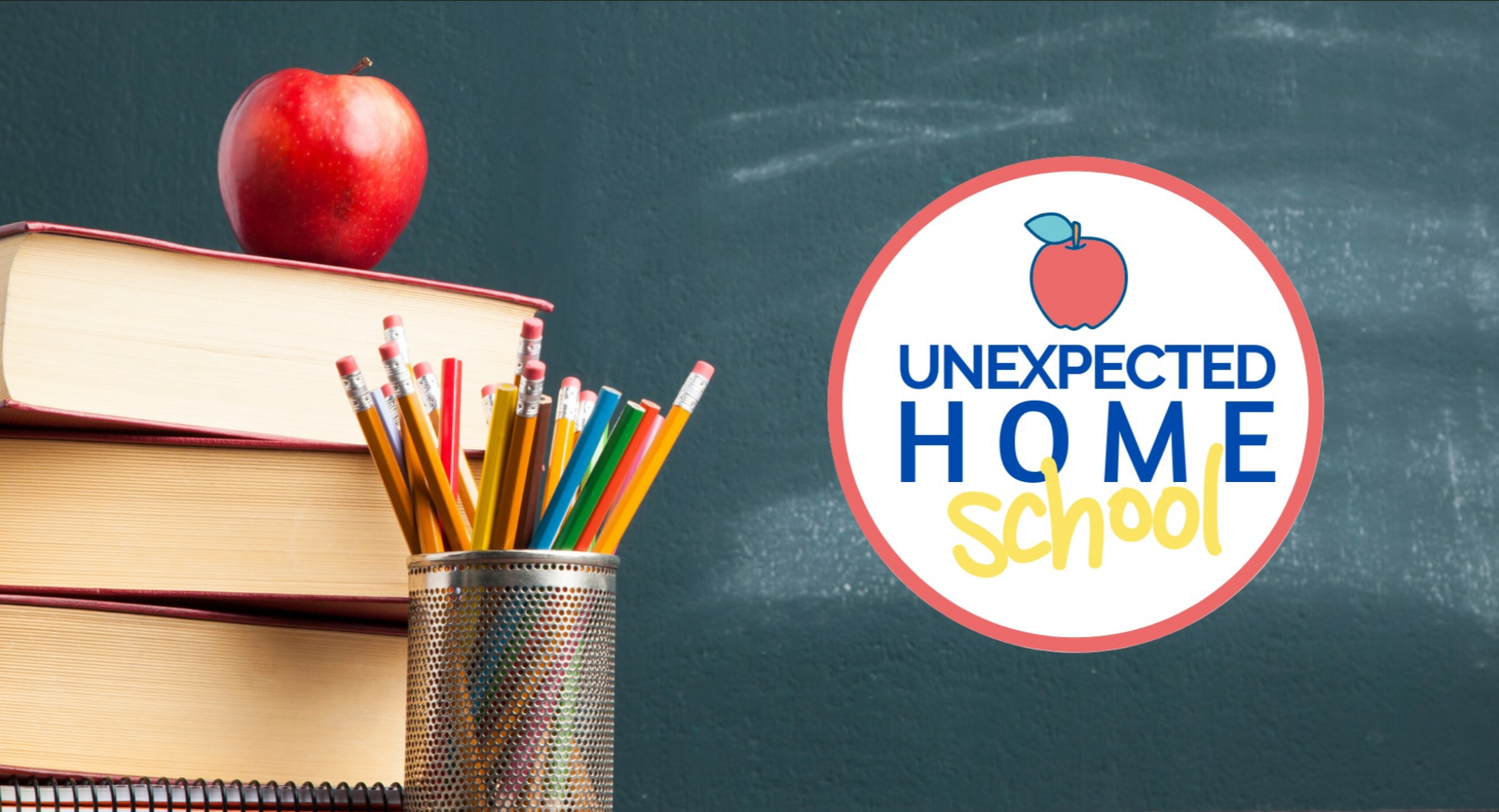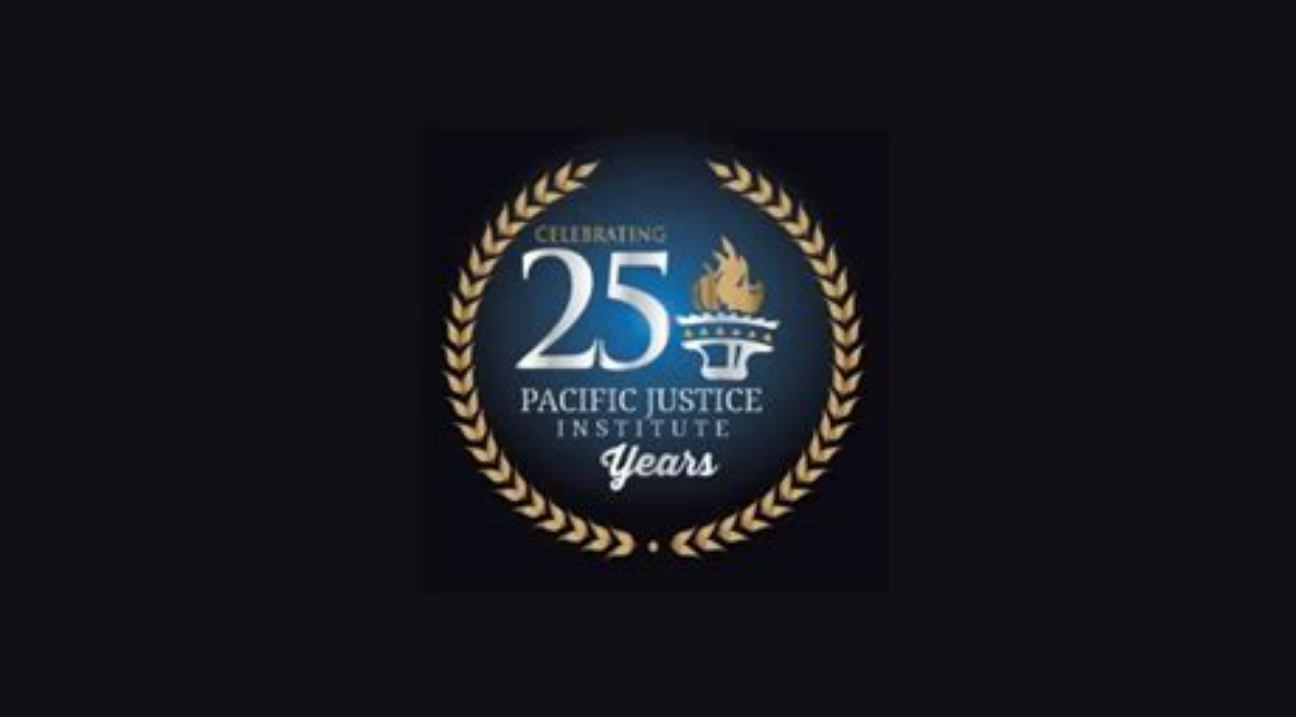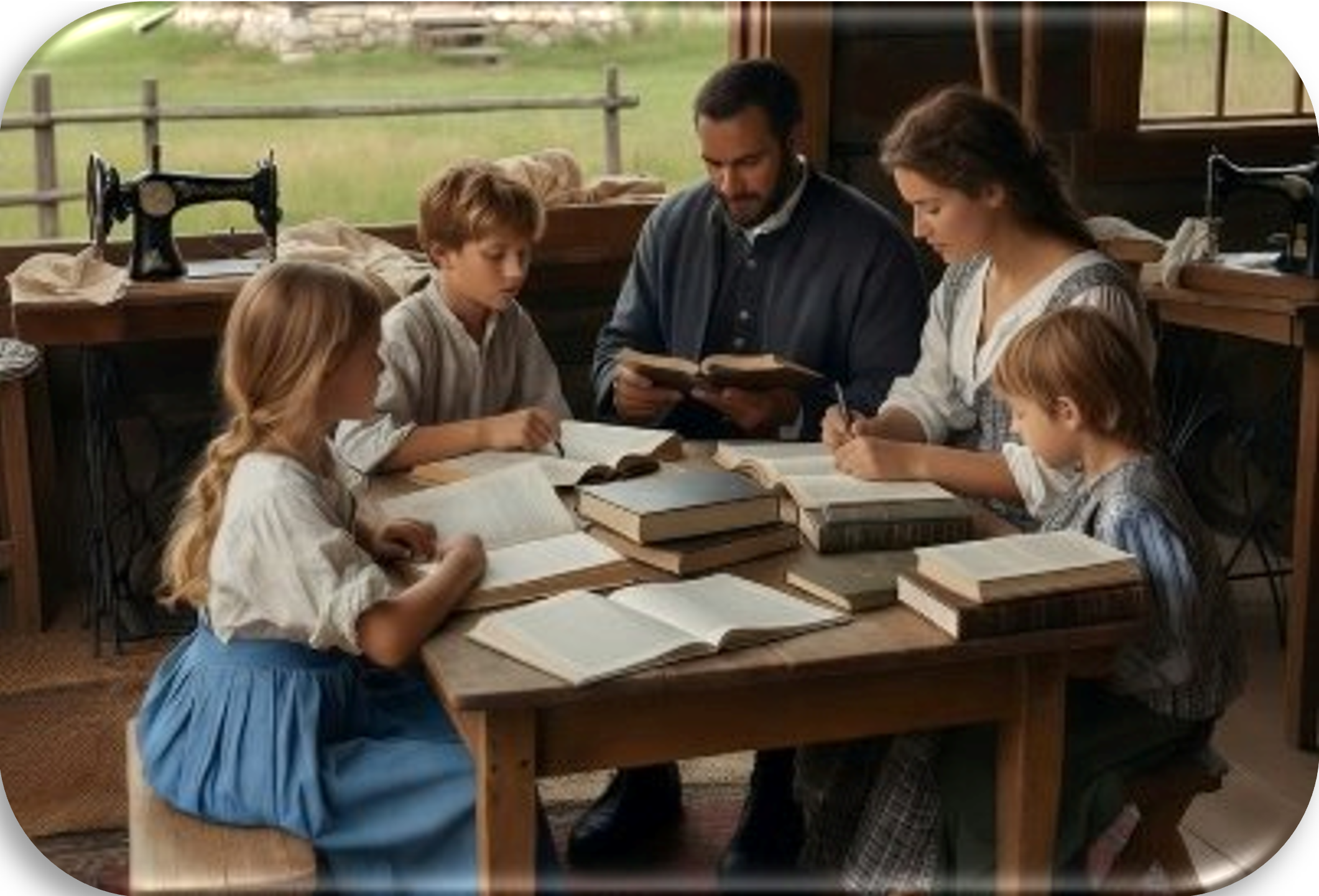The Liberated Learner – Column by Suzanne Kearney
If we’re going to change what is rapidly becoming a disaster of ignorance, we need to realize that the school as an institution ‘schools’ very well, but it does not educate.”
John Taylor Gatto, A Different Kind of Teacher
“If we’re going to change what is rapidly becoming a disaster of ignorance, we need to realize that the school as an institution ‘schools’ very well, but it does not educate.” – John Taylor Gatto, A Different Kind of Teacher
In a recent viral video, a concerned parent gives public comment regarding what appears to be sexual indoctrination in the schools.
“There is one goal for the educational system,” she asserts. “It should be to prepare children to enter careers, to be productive members of society.”
According to my last column, she is exactly right. That is precisely what the public school system was designed to do. And therein lies the problem.
Certainly, preparing children to contribute to the workforce, and society in general, is an important objective. But true education is so much more than that.
What is the goal of the public education system? Not education. Schooling.
Schooling is compulsory, rigid, compartmentalized, and has an end point.
Education is organic, unfettered, inspirational, and lifelong.
You do have a choice.
The moment I learned I was expecting my first child, I confess my immediate response wasn’t excitement, but panic. What a grave responsibility! The shaping of an eternal human soul – mentally, physically, emotionally, spiritually – had just been stewarded to me. How would I approach such a daunting task? Psalm 127:3-4 (NASB) came to mind: “Behold, children are a gift of the Lord, the fruit of the womb is a reward. Like arrows in the hand of a warrior, so are the children of one’s youth.” What would happen if an archer sent out his arrows with an undefined or moving target, or the wrong target, or no target at all? I knew I needed divine wisdom.
The Bible gives us a small glimpse of the education of Christ. Luke 2:52 (NASB) says, “And Jesus kept increasing in wisdom and stature, and in favor with God and people.” In other words, as He grew physically, He gained knowledge, for the purpose of growing in wisdom, to the end of living out the Greatest Commandment: loving God and neighbor.
Let’s compare this to the goal of the public school system. Even if its only objective were to churn out efficient workers (which, nowadays, it is not; hence the viral comment), this falls desperately short of the ideal we should strive to give our children. Instead, education can and should be a lifestyle.
Let me explain. In nearly everything, there is a learning opportunity if we look for and leverage it. Cooking teaches life skills, math, and science. Grocery shopping introduces finance, marketing, and economics. Animal care imparts responsibility and others-centeredness. Settling sibling quarrels requires conflict resolution, emotional regulation, and interpersonal communication. Discussing books, movies, or current events leads to critical thinking and debate. In other words, life is educational, and it shapes the whole person.
This idea of “lifestyle learning” takes advantage of teachable moments, making knowledge last. Case in point: during the recent October conflict in Israel, my children had many questions about Islam, Judaism, Hamas, Palestine, and the Jewish state. Their curiosity was intuitive, natural, genuine. They wanted to know the answers to the questions – not to spit them back out on a test and get an “A,” but to apply them to life.
Another example: Last year, my daughter embarked on an all-consuming obsession with sharks. She watched videos about sharks, read about sharks, made spelling word cards picturing sharks, wrote a speech about sharks… you get the point. For a while, we set aside the “science” book. “Oh no!” someone might say. “What if she never learns about cell walls and mitosis?!?” Really? How important is it for a child to learn a set of facts from a textbook (only to forget them), versus learning how to learn or that learning can be fun? This is the kind of learning we do as adults – we study what we are interested in, and then we use it in real life. Why should it be different for kids?
What do you want for your child? Schooling, or education?
You do have a choice.







